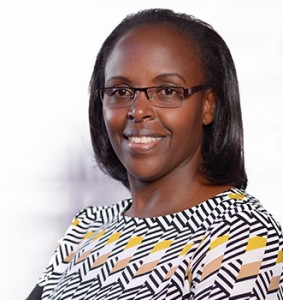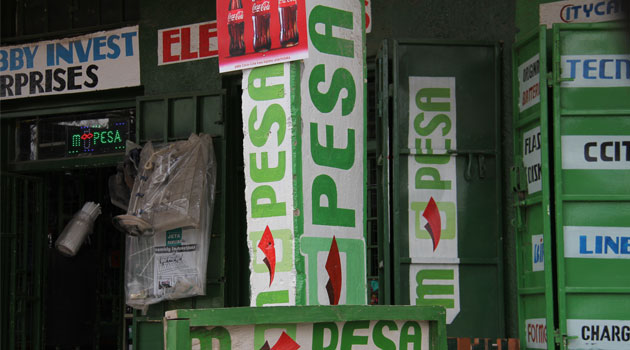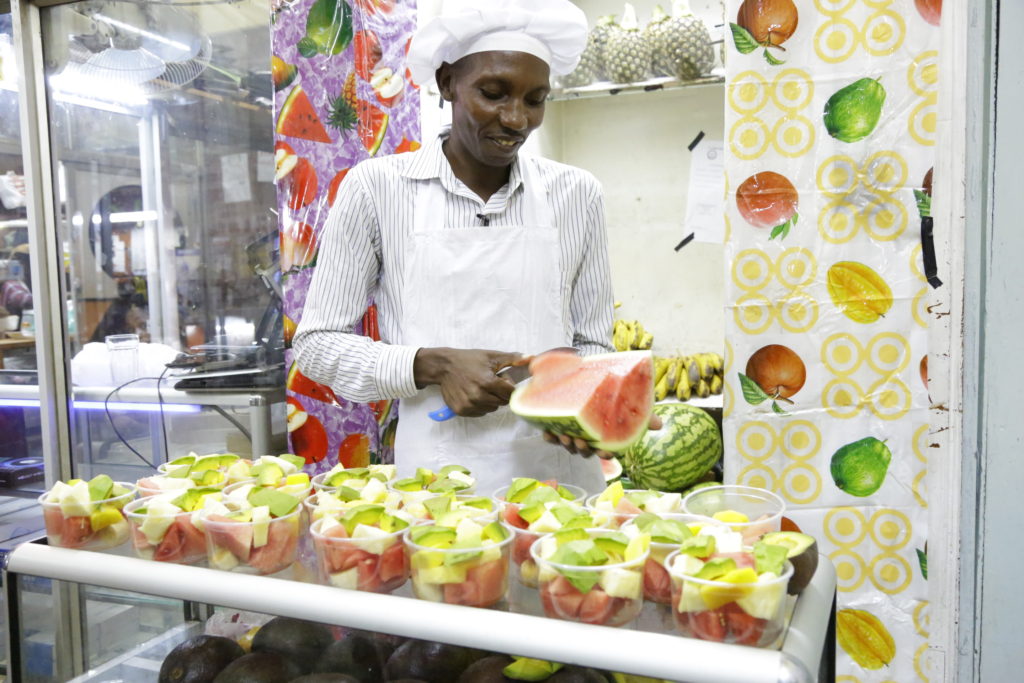
NAIROBI, Kenya, Mar 18 – A Western Kenya based sugar milling firm has expressed positive optimism on the local economy with a heavy investment on its production logistics infrastructure.
The Kakamega County based Butali Sugar Company has commissioned a fleet of 40 New Holland Tractors valued at Sh208 million to boost its cane development and haulage capacity; buoyed by a positive outlook on the local and regional economies.
Speaking at the firm’s factory when he received the new fleet of New Holland TS6 Series tractors from CMC Motors, Butali Sugar Company Managing Director, Sanjay Patel said the firm is investing heavily to optimize its field and production operations in line with the government Food Security programme.
With a raw cane crushing capacity of over 8,000 Tonnes of cane per day, Butali Sugar is currently rated as the single largest New Holland TS6 Series tractors customer in Africa and the Middle East with a fleet of 360 operational units.
According to Mr. Patel, the delivery of an additional 40 units now pushes the firm’s transport fleet to 400 operational tractors, significantly raising Butali Sugar Company’s capacity to serve more than 30,000 contracted out growers (through Butali Sugar Out Growers Ltd (BSOL) in the West Kenya sugar belt.)
In Western Kenya, Butali Sugar Company is reputed for its ability to pay farmers on a weekly basis for the cane collected.
The new fleet of 2-Wheel Drive New Holland tractors featuring purpose built wagons, Patel said, will be primarily used for the firm’s growing cane haulage needs from the members of BSOL to reduce wastage.
“At Butali Sugar, we are actively investing in such efficient and versatile transport options as part of our commitment to pass the benefits of an efficient production process to our customers and farmers,” Patel Said, adding that, “Our association with CMC Motors and New Holland Agriculture is founded on the delivery of proven performance tractors as well as reliable field and workshop service and parts that afford us a round the clock crushing guarantee to meet growing market demand for quality Butali Sugar products.”
Sold and serviced by CMC Motors Group in Kenya, New Holland tractors are manufactured by New Holland Agriculture, a brand of CNH Industrial N.V. (NYSE: CNHI /MI: CNHI) a global leader in the capital goods sector with established industrial experience, a wide range of products and a worldwide presence. New Holland Agriculture’s reputation is built on the success of their customers, cash crop producers, livestock farmers, contractors, vineyards, or grounds care professionals. They can count on the widest offering of innovative products and services: a full line of equipment, from tractors to harvesting, material handling equipment, complemented by tailored financial services from a specialist in agriculture. A highly professional global dealer network and New Holland’s commitment to excellence guarantees the ultimate customer experience for every customer.
Visiting New Holland Agriculture Middle East and Africa Region Business Manager, Mr. Yasin Seker, while acknowledging Butali Sugar as one of the largest New Holland Tractors operator in the continent and the Middle East, disclosed that periodic operating feedback received from the sugar company among other Kenyan customers, is playing a key role in New Holland Agriculture’s research and development (R&D) Programmes.
“It may come as surprise for many to note that Kenya is perhaps one of the most important market in Africa for New Holland Agriculture and is constantly providing crucial product improvement feedback to the product development teams. Such feedback to the R&D team plays a key role in the enhancing New Holland Agriculture’s overall commitment to continue innovating and adapting to market demands in support of our local distributors like CMC Motors Group,” Seker said.
CMC Motors Divisional Manager, Alexander Makaa noted that New Holland Agriculture’s formula for outstanding performance in agricultural and related accessories involves mixing raw power and superior control with the ultimate in customer flexibility. The TS 6 Series tractors, he said, are a natural choice for livestock, arable or related agricultural contracting applications.
The locally available New Holland Agriculture tractor models, he said feature a wide selection of transmissions and front axle options allowing customers to enhance their field productivity.




















